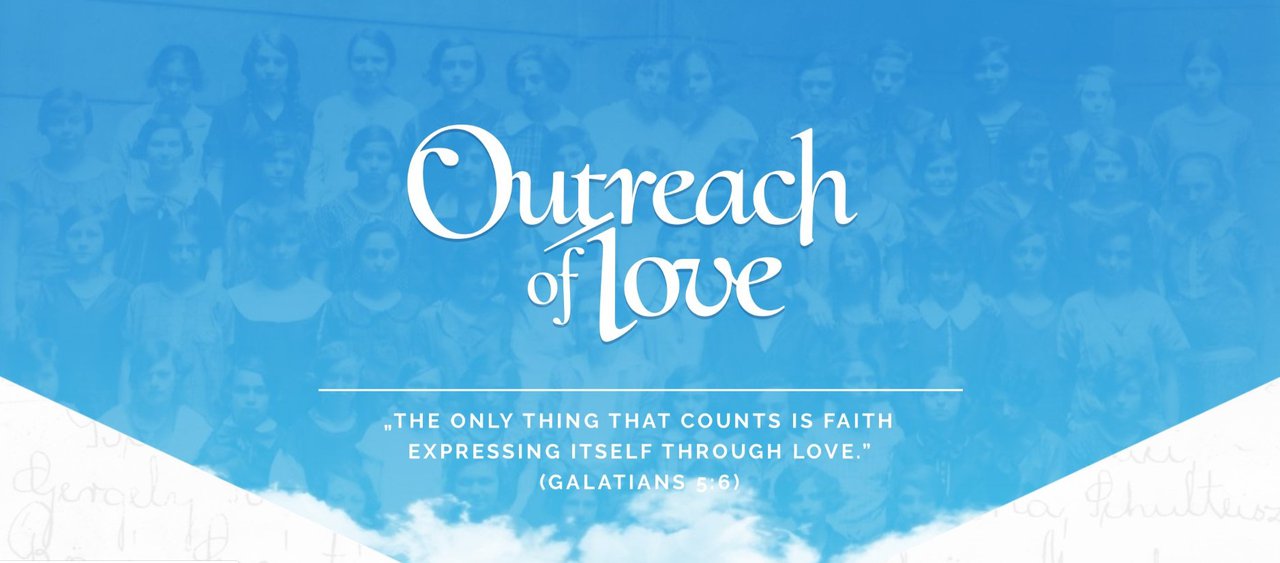On a personal note: the Rev Aaron C Stevens, minister of St. Columba’s Church of Scotland in Budapest, Hungary reflects on the Russian invasion of Ukraine. From Life and Work, the Magazine of Church of Scotland.

Aaron Stevens
In the light of what began in Crimea eight years ago, and the reality of cyber warfare, we do well to remember that this morning’s attacks are not the first violation of Ukraine’s borders or the first threat to that country’s sovereignty.
Living in Hungary and working with the Reformed Church in Hungary, much of my contact with the people of Ukraine has been with ethnic Hungarians: families who have lived in the same town for generations, but due to the consequences of historic wars and the redrawing of maps, find themselves living in a different country. On numerous occasions, their citizenship has changed suddenly without their ever having moved. These are Ukrainian citizens who often do not identify as Ukrainians.
The Rev Dr Vilmos Fischl is a Lutheran minister, the General Secretary of the Ecumenical Council of Hungarian Churches. He also happens to be security policy expert. He explains that although the Hungarian minority is located primarily at the western edge of this country, the second largest in Europe, the geographic distance from the military actions does not leave these people unaffected. Fischl also notes that as a result of the Russian-Ukrainian tensions, the Ukrainian government has established policies intended to limit the rights of local ethnic Russians. However, in order not to appear discriminatory, these policies are also applied to all ethnic minorities, including Hungarians. The policies limit the right of ethnic minorities to offer education in their own languages, something they could do until relatively recently. Other uses of minority languages are limited to the personal sphere religious services. The matter of education and use of native language is an important one to our Hungarian Reformed partners and, indeed, resonates with values that date back to the Reformation.
Now, with Ukraine in a state of emergency, not only are military reserves being called upon, but all men of military age must remain in the country and available, regardless of where they live within the country or their ethnic identity. Also, Ukrainian citizens have received brochures with advice such as how to prepare emergency packs, ready for sudden evacuation.
What’s most on my mind this morning are not concepts of ethnicity or national sovereignty, but individuals. It’s the word 'casualties' that jumps out at me from the headlines.
I recall a summer mission camp we ran several years ago in Ukraine. Organized with the local school, we told Bible stories in English and sang church songs. All of us together: Hungarians and Ukrainians, British and Americans. In my wife’s group of primary school children was one particularly eager Ukrainian boy. He must be of military age now.
Finally, at the St Columba’s Church of Scotland congregation in Budapest, our most recent baptism was of a woman born to Russian and Ukrainian parents. Our prayers for Ukraine are not just because their situation can affect us, but because of how unhelpful the distinctions of “us” and “them” are.
Originally published in Life and Work, the Magazin of the Church of Scotland. RCH and Church of Scotland have been working together, as part of an international network coordinated by the World Communion of Reformed Churches, to jointly reach out and live out solidarity in the past weeks with the Reformed Church in Transcarpathia, Ukraine. Church of Scotland also issued a call for ceasefire in Ukraine.

"Lord God,
We ask you to hold the people of Ukraine deep in your heart.
Protect them, we pray;
From violence,
From political gamesmanship,
from being used and abused."
We are the Church That Won’t Draw Lines
In celebration of the 175th Anniversary of the Scottish Mission in Budapest, the RCH spoke with Rev Aaron Stevens, current Minister at the Mission, to hear about his time in the congregation. Rev Stevens initially came to the Scottish Mission as a young man teaching English abroad, but before he knew it, his ties to Budapest became greater and greater.